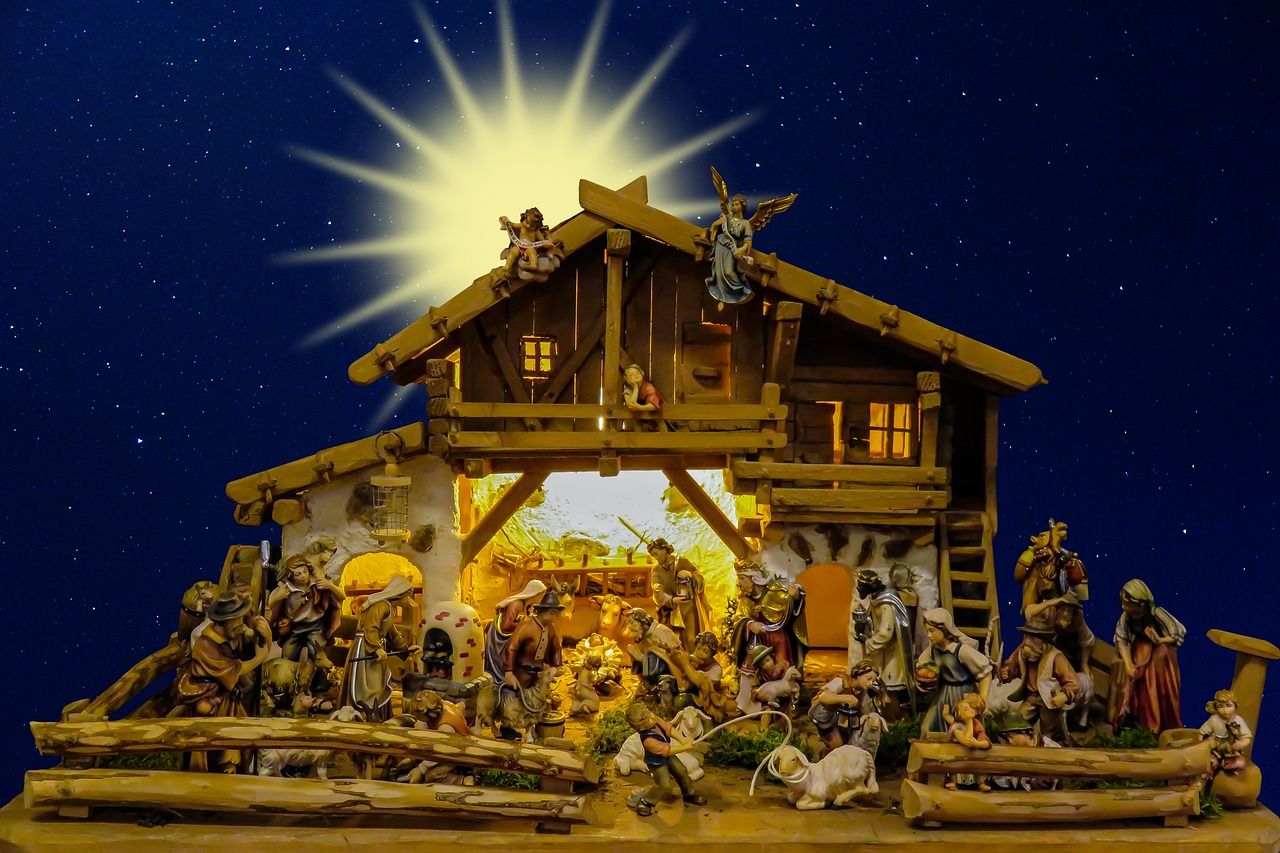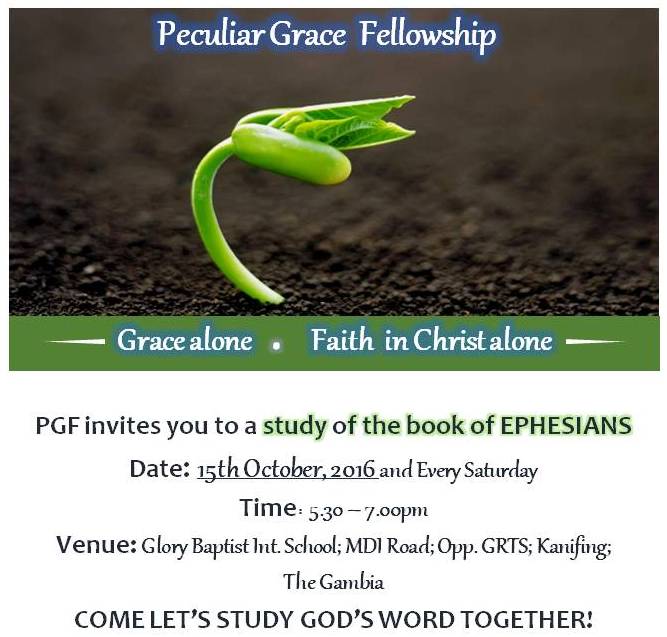
Sermons on the “The Three Wise Men” have featured in many a Christmas sermon since my Sunday school days, till date. This is one of few common themes that are hardly missed in the yearly seasonal messages. The background text is found in Matthew 2:1-12. In this article, I would like us to examine this text as I believe it holds great gospel lessons for us as we commemorate the birth of Christ.
The first thing I’ll like to point out from the passage is that the Bible does not tell us how many wise men there were who visited Jesus at his birth. We don’t know their names, nor how long it took them to reach Bethlehem. Matthew tells us simply that wise men from the East came to Jerusalem looking for Jesus. Some assume they were three in number because three gifts were presented, gold, frankincense, and myrrh—but the record says these gifts were presented collectively by the Eastern visitors (verse 11). In fact, Chrysostom’s historical commentary on Matthew suggests there were as many as 14 in number. This number cannot be substantiated either, and so it’s better to remain ignorant about this–as the Bible doesn’t tell us–rather than engage in needless conjectures.
There are three truths that I find significant about this story. First is the fact that whilst in Bethlehem, the birth of our Lord was not greeted with pomp or pageantry, on the contrary, it was marked with such humility–born in a manger, among the sheep and cattle, yet in the East a special star announced His greatness. This goes to show that right from the beginning, God took the initiative of making the truth about His Son known to man. It took a special revelation of God to the wise men —not just a mere ‘star’– for them to recognise who He was. Matthew says that this special star led them to commence their journey, and went before them until it came to rest over the place where the child was. This was no natural phenomenon. In very much the same way, it takes the special operation of God in the hearts of sinners for them to recognise the truth about Christ. Paul writes in 2Corinthians 4:
3 And even if our gospel is veiled, it is veiled to those who are perishing. 4 In their case the god of this world has blinded the minds of the unbelievers, to keep them from seeing the light of the gospel of the glory of Christ, who is the image of God.
Clearly, it takes the Holy Spirit’s power to open the eyes and minds blinded and beclouded by sin in order to behold the beauty and majesty of Christ—as Paul concludes,
For God, who said, “Let light shine out of darkness,” has shone in our hearts to give the light of the knowledge of the glory of God in the face of Jesus Christ. (2Cor. 4:6).
It is apparent from the magi that the Christ of Christmas will remain hidden from others without God (the Holy Spirit) revealing Him. Those of us in whom this miracle has already been wrought by God ought to be passionate about making Him known to others. We start on our knees, praying that all may come to see Jesus for who He truly is, and to worship Him as Saviour and Lord.
It is also worthy of note that gentile philosophers and wise men were among the first to be told of the Saviour’s birth– for magi, as their name is translated in the KJV, is a common term among the Persians and Chaldeans for philosophers and astrologers. It is as if God was announcing that the child who was born “king of the Jews” was the promised Messiah, the Saviour of the whole world, and not the Jews only. He is the seed God promised Abraham through whom He was going to bless the whole world (Gen. 12:3; 22:18; Matt. 1:1; Acts 3:25; Gal. 3:8, 16). Years later, Paul would again write that in Christ, God was going to reconcile the world unto Himself (2Cor. 5:19). The message of Christmas is thus one of hope to the whole world.
Another high point in the story of the magi is the part which details their worship of the baby Jesus. We are told that when they saw the star, they rejoiced exceedingly with great joy. And going into the house, they saw the child with Mary his mother, and they fell down and worshiped him. Then, opening their treasures, they offered him gifts, gold and frankincense and myrrh. Based on what had been revealed to them about the Christ, they fell at His feet in worship the moment they saw Him. And spurred by the same, they opened up their treasures and presented gifts becoming of royalty. Pondering on this scene, I am reminded of how glorious the beauty of Christ is to those whose heart the Holy Spirit unites with Christ! The joy that greeted the re-appearance of the star is akin–on a much grander scale–to the joy of the soul to whom the beauties of Christ has been revealed! Peter said of the dispersed saints to whom he wrote his first epistle,
Though you have not seen him, you love him. Though you do not now see him, you believe in him and rejoice with joy that is inexpressible and filled with glory.
John Newton exclaimed,
How sweet the Name of Jesus sounds
In a believer’s ear!
It soothes his sorrow, heals his wounds,
And drives away his fear
As does Philip Doddridge,
Is not Thy name melodious still
To mine attentive ear?
Does not each pulse with pleasure bound
My Saviour’s voice to hear?
For myself, I fear that the beauties of Christ do not arouse in me such exuberant affections as it did when I first believed. I regret that I have not given my all–in view of His great love for me in condescending to this sinful world and dying in my place on Calvary’s tree. In response to the lesson of the magi, I repent and pray with Newton,
Weak is the effort of my heart
And cold my warmest thought;
But when I see Thee as Thou art,
I’ll praise Thee as I ought.
As we commemorate the birth of the Saviour King, I am convicted about my lukewarm response to the gift of God’s son to the world, to me. I confess with Isaac Watts that,
Were the whole realm of nature mine,
That were a present far too small;
Love so amazing, so divine,
Demands my soul, my life, my all.
Amen.


